Elevate Your Coaching Practice with Emotional Intelligence Training
Hey there! 🌟 Are you ready to elevate your coaching game and transform lives through the power of Emotional Intelligence Certification (EI)? Buckle up because this journey isn’t just about acquiring a new certification—it’s about redefining how you connect with yourself and others. Whether you’re a coach, life coach, health and wellness coach, or HR professional, mastering EI can skyrocket your effectiveness and amplify your impact. Let’s dive in!
AFFILIATE DISCLAIMER: The Explorer’s Footnote
Just so you know, some of the links trekking across our site are like well-traveled backpackers and spiritual seekers. They may lead you to products and places that could earn us a tiny commission if you decide to bunk with them. It’s like buying us a cup of coffee without the coffee! But worry not, our love for these finds wasn’t bought – it’s genuine and trusty as a sturdy pair of hiking boots.
What is Emotional Intelligence?
At its core, Emotional Intelligence (EQ) is about understanding, managing, and leveraging emotions—your own and those of others.
It involves awareness of emotions, recognizing their impact, and using this awareness to guide thinking and behavior. An emotionally intelligent person can handle interpersonal relationships judiciously and empathetically[1].
Daniel Goleman, a pivotal figure in the EQ world, identified five key components of emotional intelligence:
- self-awareness,
- self-regulation,
- motivation,
- empathy, and
- social skills[2].
Mastery of these components enables individuals to foster healthy connections, make informed decisions, and manage stress effectively.
Why Does Emotional Intelligence Matter in Coaching?
Coaches, life coaches, and health and wellness coaches with high EQ bring a unique flavor to their practice. They can:
- Understand client emotions: This insight helps tailor coaching to individual needs.
- Build trust: Empathy and authentic connections laid on a foundation of trust enhance the coaching relationship[3].
- Navigate Difficult Conversations: Efficiently managing emotions allows coaches to address challenging topics without escalating conflict[4].
- Inspire and Motivate: Motivational strategies are a natural byproduct of understanding emotional drives[5].
Thus, integrating Emotional Intelligence Training into your coaching practice isn’t just advantageous—it’s transformative. Coaches become better equipped to help clients manage their emotions, navigate change, and achieve personal and professional goals.
Understanding the 5 Areas of Emotional Intelligence
Emotional intelligence (EI) is a multifaceted concept encompassing five key areas: self-awareness, self-regulation, motivation, empathy, and social skills. These components are essential for anyone looking to improve their emotional intelligence, especially in a coaching context.
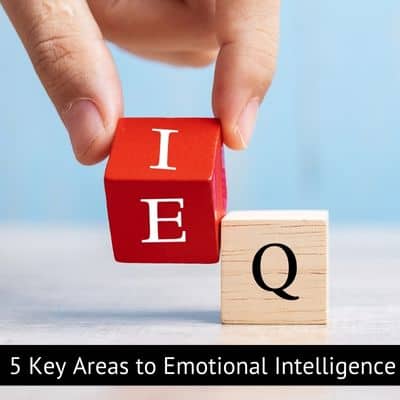 Self-awareness involves recognizing and understanding one’s own emotions, which is the foundation for all other EI skills.
Self-awareness involves recognizing and understanding one’s own emotions, which is the foundation for all other EI skills.- Self-regulation refers to the ability to manage and control one’s emotional responses, ensuring that one reacts appropriately in various situations.
- Motivation within the realm of EI is about harnessing your emotions to stay focused and driven towards your goals.
- Empathy, another critical area, involves understanding and sharing the feelings of others, which is crucial for building strong interpersonal relationships.
- Lastly, social skills encompass navigating social complexities, communicating effectively, and building networks.
Mastering these five areas of emotional intelligence can significantly enhance your coaching practice. It will enable you to connect more deeply with clients and guide them more effectively through their personal and professional challenges.
Incorporating these five areas into your coaching methodology improves your ability to understand and manage your emotions and equips you with the tools to help your clients do the same. This holistic approach to emotional intelligence ensures that both you and your clients can achieve greater emotional well-being and success in various aspects of life.
Certified Emotional Intelligence Training Programs: A Deep Dive
Your journey into EI as a coaching tool begins with certification. Various programs offer comprehensive training tailored to different professional needs. Here’s a snapshot of some of the best certification options available:
Certainly. Before we update the ranked list of Emotional Intelligence (EI) certification courses, let’s review some assumptions and contextualize the changes.
- Ranking Criteria: A program’s placement in a ranked list typically depends on several factors, including the comprehensiveness of the curriculum, cost, reputation, applicability, and participant feedback.
- Content Focus: For each course, we must consider what aspects of EI it focuses on and whether it is well-aligned with the needs of various coaching professionals.
- Target Audience: Different certifications may target different audiences, from beginners to advanced practitioners.
Given these considerations, we will place the PositivePsychology.com Emotional Intelligence Certification course at the top and renumber the rest accordingly.
Various programs offer comprehensive training tailored to different professional needs. Here’s a snapshot of some of the best certification options available:
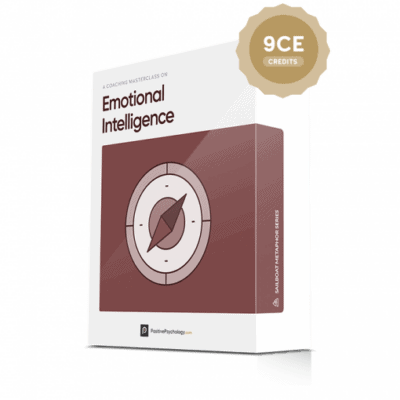 PositivePsychology.com Emotional Intelligence Certification Course This course is recognized for its in-depth exploration of EI concepts and practical applications. It offers a comprehensive curriculum designed for coaches seeking to enhance their skills in emotional intelligence, making it a top pick for its thorough content and professional relevance[10].
PositivePsychology.com Emotional Intelligence Certification Course This course is recognized for its in-depth exploration of EI concepts and practical applications. It offers a comprehensive curriculum designed for coaches seeking to enhance their skills in emotional intelligence, making it a top pick for its thorough content and professional relevance[10].- Daniel Goleman’s Emotional Intelligence CoursesDaniel Goleman’s courses are renowned for their depth and practical application. They cater to coaches aimed at personal and professional development, providing a robust framework for understanding and applying EI principles in real-world scenarios[6].
- Beyond EI – Comprehensive LearningThis program stands out for its extensive curriculum, merging theoretical underpinnings with practical coaching tools. It’s particularly beneficial for professionals aiming to integrate EI into their broader coaching toolkit[7].
- Coach Transformation Academy – Best for BeginnersPerfect for those new to the EI landscape, this program provides foundational knowledge and step-by-step guides, ensuring a strong start in integrating emotional intelligence into coaching practices[7:1].
- Transformation Academy – Best Budget OptionFor cost-effective yet quality training, Transformation Academy offers a balanced approach to learning EI. It’s an excellent option for those seeking to enhance their coaching credentials without breaking the bank[7:2].
- EQ-i 2.0 Certification
When considering how much the EQ-i 2.0 certification costs, it’s important to note that prices can vary based on the provider and the included services. For instance,
The EI Training Company offers the EQ-i 2.0/360 Certification Online for $1,697, which includes four half-days of online training, personalized reports, and follow-up coaching sessions[8]. Another option is through The EI Coach, where the certification costs $1,689 and includes e-learning pre-work, a self-assessment, a one-on-one coaching session, two days of virtual classroom training, and access to the MHS administration portal[9]. These programs provide comprehensive training and resources to ensure you can effectively apply emotional intelligence principles in your coaching practice.
By placing the PositivePsychology.com course at the top, we highlight its significance and suitability for those looking to integrate EI deeply into their coaching practices. The rest of the order remains the same to provide a diverse range of options for coaches at various stages of their professional development.
Practical Benefits of EI Certification for Coaches
The advantages of EI certification go beyond a shiny new credential. Here’s how it enhances your coaching practice:
1. Enhanced Self-Awareness and Regulation
Certification programs like the Emotional Intelligence Coaching Certification (EICC) systematically improve your self-awareness and self-regulation. Coaches learn to manage their emotions effectively, which is crucial for maintaining professionalism and providing unbiased support to clients[8].
2. Improved Empathy and Social Skills
An essential part of coaching success is connecting empathically with clients and fostering trust. EI certification enhances your ability to understand and resonate with clients’ emotions, fostering a robust client-coach relationship[9].
3. Advanced Communication Skills
Emotional intelligence training sharpens both verbal and non-verbal communication skills. This development ensures that your interactions are clear, compassionate, and responsive to clients’ emotional states[10].
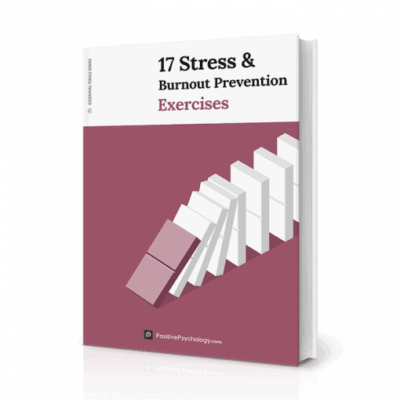 4. Stress Management Tools
4. Stress Management Tools
Understanding emotional triggers and responses allows you to effectively guide clients through stress management techniques. These skills are invaluable in helping clients navigate personal and professional challenges[11].
If You Coach Women, Don’t Miss This!
Discover Why Most Breakthroughs Don’t Last and the Surprisingly Easy Shift in Your Approach That Will Create Deep, Irreversible Change and Rapid Results For Your Female Clients (AND a Thriving, Profitable Coaching Practice for YOU!)
Learn the proven, research-based Breakthrough Formula developed by Dr. Claire Zammit through her doctoral research and her work coaching over 60,000 women to facilitate lasting, rapid results.
Examples of Emotional Intelligence in Action
To truly grasp the impact of EI in coaching, let’s delve into some practical scenarios:
Case Study 1: James
James is tasked with a complicated project at work and finds himself overwhelmed by stress and negative feedback. Undergoing emotional intelligence coaching, James learns to manage his stress and enhance workplace relationships. This transformation ultimately improves his job performance and satisfaction[12].
Case Study 2: Breanne
Breanne struggles with a conflict with her roommate, impacting her emotional well-being. Through EI coaching, Breanne learns to communicate effectively and handle the situation with empathy and clarity, fostering a healthier living environment[12:1].
Emotional Intelligence in HR
HR professionals also significantly benefit from EI certification. High emotional intelligence equips them to handle intricate workplace dynamics, resolve conflicts, and enhance team productivity. They can empathize with employees, understand diverse perspectives, and manage relationships effectively, ensuring a harmonious organizational culture[13].
How HR Professionals Apply EI
Recruitment and Retention: HR professionals use EI to devise effective recruitment strategies that attract emotionally intelligent candidates, thereby enhancing team synergy and retention rates[14].
Conflict Resolution: Equipped with EI skills, HR can navigate and resolve workplace disputes effectively, fostering a more collaborative environment[13:1].
Employee Engagement and Development: Understanding employees’ emotional states helps HR develop more effective engagement strategies and professional development programs[15].
Emotional Intelligence Training for Leaders
Emotional intelligence training for leaders is a transformative process that equips them with the skills to navigate complex interpersonal dynamics and foster a positive organizational culture.
Leaders who undergo EI training learn to enhance their self-awareness, enabling them to recognize their emotional triggers and understand how their emotions impact their decision-making and interactions with others. This heightened self-awareness is crucial for effective leadership, as it allows leaders to manage their responses and maintain composure in high-pressure situations.
Moreover, EI training emphasizes the development of empathy and social skills, which are essential for building strong, trusting relationships within a team. Leaders who can empathize with their team members’ perspectives and emotions are better positioned to address concerns, resolve conflicts, and motivate their teams. This empathetic approach not only improves team morale but also drives higher levels of engagement and productivity. By fostering an environment where team members feel understood and valued, emotionally intelligent leaders can inspire loyalty and commitment, leading to long-term organizational success.
In addition to improving interpersonal relationships, emotional intelligence training for leaders also enhances their ability to communicate effectively. Leaders with high EI are adept at both verbal and non-verbal communication, ensuring that their messages are clear, compassionate, and aligned with the emotional states of their audience. This skill is particularly valuable in managing difficult conversations and providing constructive feedback. By leveraging their emotional intelligence, leaders can navigate these interactions with sensitivity and tact, ultimately fostering a more collaborative and supportive workplace culture.
The Life Navigation© Masterclass Series
BUNDLES
Rated 5 out of 5 based on 9 customer ratings
(9 customer reviews)
Life Navigation© is a complete positive psychology certification program consisting of 9 video-based masterclasses that teach science-based, effective strategies to practitioners who want to grow their expertise and make a bigger impact on their clients’ lives.
During this program, you will master an intuitive coaching method, giving you the essential skills to apply positive psychology and increase the well-being of the people you work with.
Take the next step in your practitioner journey and impact more lives with positive psychology.
Emotional Intelligence Training for Employees
Emotional intelligence training for employees is a crucial investment that can significantly enhance workplace dynamics and overall organizational success.
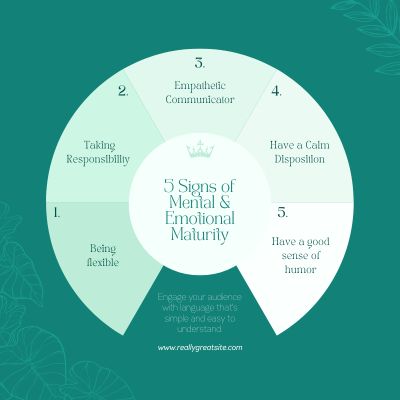 One effective way to deliver this training is through comprehensive PDFs that provide structured, accessible content. These documents can cover various aspects of emotional intelligence, including self-awareness, self-regulation, social awareness, and relationship management.
One effective way to deliver this training is through comprehensive PDFs that provide structured, accessible content. These documents can cover various aspects of emotional intelligence, including self-awareness, self-regulation, social awareness, and relationship management.
By offering detailed explanations, practical exercises, and real-world examples, these PDFs serve as valuable resources for employees to develop their emotional intelligence skills at their own pace.
For instance, a well-designed emotional intelligence training PDF might include sections on recognizing and understanding one’s emotions, managing stress, and improving interpersonal relationships.
It could also offer strategies for active listening, empathy, and conflict resolution.
By incorporating interactive elements such as self-assessment quizzes and reflection prompts, these PDFs can engage employees more deeply, encouraging them to apply what they learn in their daily interactions. This approach fosters a more emotionally intelligent workforce and promotes a positive, collaborative, and resilient workplace culture.
Moreover, providing employees regular access to updated emotional intelligence training materials in PDF format ensures continuous learning and development.
Organizations can supplement these resources with workshops, discussion groups, and individual coaching sessions to reinforce the concepts covered in the PDFs.
This multi-faceted approach to emotional intelligence training helps employees build a strong foundation of emotional skills, improving job satisfaction, better performance, and stronger leadership potential across the organization.
EI Training for Adults
Emotional intelligence training for adults is a transformative journey that equips individuals with the skills to navigate their emotions and interpersonal relationships more effectively.
Adults can significantly benefit from such training as it enhances self-awareness, allowing them to recognize and understand their own emotional triggers. This heightened awareness is crucial for managing stress, improving communication, and fostering healthier personal and professional relationships.
Learning to regulate their emotions can help adults respond to challenging situations with greater composure and resilience, leading to better decision-making and overall well-being.
Moreover, emotional intelligence training for adults emphasizes the development of empathy and social skills. These components are essential for building strong, trusting relationships in various contexts, including the workplace.
Empathy allows individuals to understand and share the feelings of others, which is vital for effective teamwork and leadership. Enhanced social skills enable adults to navigate complex social dynamics, communicate more effectively, and build robust networks. This holistic approach to emotional intelligence ensures that adults can achieve greater success and satisfaction in their personal and professional lives.
Incorporating emotional intelligence training into adult education programs can also significantly improve career prospects and job performance.
High emotional intelligence is often linked to better leadership abilities, as emotionally intelligent leaders can inspire and motivate their teams, manage conflicts efficiently, and create a positive work environment.
For adults looking to advance in their careers, developing emotional intelligence can be a game-changer, providing them with the tools to excel in leadership roles and achieve their professional goals.
Take the Plunge: Becoming Certified in Emotional Intelligence
Are you excited to harness the power of emotional intelligence in your coaching practice? Here’s a streamlined process to get you started:
1. Select a Program
Choose a program that aligns with your professional goals and budget. Whether it’s the comprehensive Daniel Goleman’s course or the budget-friendly Transformation Academy, every coach has an option [6:1][7:3].
2. Immerse Yourself in Learning
Dive into the coursework, absorbing the theoretical knowledge and practical tools. Engage with the materials, participate in discussions, and apply what you learn to your practice.
3. Practical Application
Start integrating EI principles into your coaching sessions. Use empathy, enhance your communication techniques, and apply stress management strategies to see a notable difference in your efficacy and client satisfaction.
4. Continuous Improvement
Emotional intelligence is a journey, not a destination. Continue to refine your skills, seek feedback, and stay updated with the latest research and practices in the field.
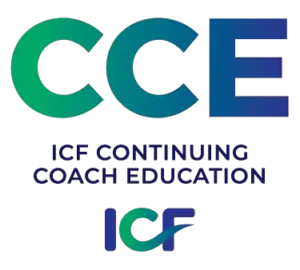 CONTINUING EDUCATION FOR COACHES
CONTINUING EDUCATION FOR COACHES
Boost Your Career With The Gold-Standard in Coaching.
PositivePsychology.com is a Continuing Coach Education (CCE) Provider with the International Coaching Federation (ICF).
Learn more about our programs that provide professional development opportunities and gain CCE Units.
Explore the 3 Top-Rated Continuing Coach Education Programs (CEC) from Positive Psychology
The Life Navigation© Masterclass Series
Life Navigation© is a complete positive psychology certification program consisting of 9 video-based masterclasses that teach science-based, practical strategies to practitioners who want to grow their expertise and make a bigger impact on the lives of their clients.
Take the next step in your practitioner journey and impact more lives with positive psychology.
Emotional Intelligence Masterclass©
The Emotional Intelligence Masterclass© is a complete, 6-module emotional intelligence training template for helping professionals.
Besides the masterclass for you, the practitioner, it also includes all the materials you need to deliver high-quality science-based EQ training sessions.
Conclusion
Embracing emotional intelligence certification can be a game-changer for coaches, life coaches, health and wellness coaches, and HR professionals.
It’s not just about the certification but the transformative journey of becoming more self-aware, empathetic, and effective in your professional interactions.
Are you ready to elevate your coaching practice and make a lifelong impact on your clients?
Let’s harness the power of emotional intelligence together! 🌟
Personal & Professional Certification Course from the Heart Math Institute
Find Balance, Clarity, and Inner Harmony: Experience the Magic of HeartMath Training.
The HeartMath Institute is one of our consciously curated purveyors of transformative online courses. The institute calibrates at a very high level on the Map of Consciusness®. It calibrates at 460 according to consciousness research in the book by renowned spiritual leader, psychiatrist, and consciousness researcher Dr. David R. Hawkins Truth VS Falsehood.
This is a very high level of consciousness! You can’t help but be transformed by their online courses (below).
In my understanding and teaching of the science of consciousness and the significance of The HeartMath Institute in consciousness, I created these Heart Math-related podcasts on Your Weekly Dose of Higher Consciousness podcast.
FAQs- Frequently Asked Questions About Emotional Intelligence
Here’s a comprehensive list of frequently asked questions and answers about emotional intelligence (EI) and EQ training:
1. What is emotional intelligence (EI) or emotional quotient (EQ)?
- Emotional intelligence (EI), also known as emotional quotient (EQ), is the ability to understand, manage, and use your own emotions, as well as recognize and influence the emotions of others. It involves perceiving emotions, using emotional information to guide thinking and behavior, understanding complex emotional relationships, and regulating emotions effectively.
- EI includes recognizing emotions in oneself and others, using emotional information to guide thinking and behavior, and adjusting emotions to adapt to environments.
2. Why is emotional intelligence important?
- EI is crucial for success in various aspects of life, including relationships, work performance, and overall well-being. It often outweighs the importance of IQ.
- EI is considered a key factor for employability, leadership, and navigating social dynamics effectively.
- High emotional intelligence is associated with higher average annual income.
- EI is essential for personal and professional growth and is a highly valued job skill.
- EI enables individuals to build strong working relationships, resolve conflicts effectively, and lead teams with empathy and understanding.
- EI helps with building positive relationships, meaningful connections, and overall well-being with less stress, enhanced empathy, and effective conflict resolution.
3. How does emotional intelligence differ from traditional intelligence (IQ)?
- IQ measures cognitive abilities such as reasoning and problem-solving, while EI focuses on understanding and managing emotions.
- High IQ does not guarantee success or happiness. Individuals with strong EI often excel in areas where cognitive intelligence might fall short, such as handling interpersonal relationships and adapting to stress.
- EI can be learned and strengthened, whereas IQ is often considered fixed. In many cases, EI has been shown to be more important than IQ for job performance and leadership effectiveness.
- EI and IQ exist in tandem and are most effective when they build off one another.
4. What are the key skills associated with building emotional intelligence?
- Key skills for building EI include self-awareness, self-regulation, social skills, empathy, and mindfulness.
- Self-awareness is being aware of your own emotions, strengths, weaknesses, values, and goals, and understanding their impact on others.
- Self-regulation is managing your emotions and impulses effectively, adapting to changing situations, and controlling disruptive emotions.
- Social skills involve effectively managing relationships, building rapport, navigating complex social interactions, and getting along with others.
- Empathy means understanding and considering the feelings and perspectives of others, especially when making decisions.
- Mindfulness is focusing on the present moment without judgment, which helps in connecting with core emotions and improving emotional awareness.
5. Can emotional intelligence be improved, or is it a fixed trait?
- Most experts agree that EI is a learnable and strengthenable skill that can be improved throughout adulthood with practice and dedication.
- Various courses and training programs aim to help individuals develop their emotional skills through specific exercises and awareness-building techniques.
- EI can be developed through intentional learning, practice, and reflection.
6. What are the different models of emotional intelligence?
- There are three main models of EI:
- Ability Model: Views EI as a set of cognitive and emotional abilities, including perceiving, using, understanding, and managing emotions. It emphasizes processing emotional information and relating it to cognition and behavior.
- Mixed Model: Incorporates emotional competencies like self-awareness, self-regulation, social skills, empathy, and motivation. It’s often viewed as a form of trait EI due to its focus on behavioral dispositions. Daniel Goleman’s model is considered a mixed model.
- Trait Model: Sees EI as a collection of personality traits related to an individual’s self-perceptions of their emotional abilities. It is measured through self-report questionnaires and investigated within a personality framework.
7. What are the benefits of EI in the workplace?
- EI is a critical component of success in the workplace. It often takes precedence over IQ when it comes to job performance and leadership effectiveness.
- EI enables individuals to build strong working relationships and resolve conflicts effectively.
- EI helps with adapting to changing work environments and navigating complex organizational dynamics.
- High EI in leaders helps employees feel appreciated and valued at work, leading to increased productivity.
- EI enhances employee relations and organizational culture.
- EI fosters team collaboration and increases productivity.
- EI improves client satisfaction and conflict resolution for customer service representatives.
- EI is used to understand and respond to customer needs effectively by salespeople.
- EI is incorporated into teaching methods to support student development by educators.
8. How can emotional intelligence be improved through training?
- EI can be improved through courses and training programs that offer techniques for improving emotional awareness and self-control.
- Training includes strategies for communicating effectively, managing interpersonal conflicts, leading with empathy, and building resilient teams.
- Training may also include insights into cultural intelligence and how to adapt emotional skills across diverse contexts.
- EI training programs can help develop and deepen emotional intelligence, focusing on foundational and relational skills.
- Training can improve the ability to manage emotions, connect with others, and develop a leader’s triple focus.
- Training can be customized for teams.
9. What kind of training is available for emotional intelligence?
- Various online courses are available, often categorized as beginner, intermediate, or advanced, with varying durations and skill focuses.
- Courses cover topics like emotional and social intelligence, managing emotions during uncertainty and stress, and emotional intelligence in leadership.
- Some courses focus on specific skills such as self-awareness, empathy, stress management, and communication strategies.
- Some training programs offer continuing education or professional development credits.
- Training programs use a combination of eLearning, live sessions, and facilitated community experiences.
- There are specialized applications of emotional intelligence in fields such as education, healthcare, or customer service.
10. What are the benefits of completing emotional intelligence courses?
- Learners can gain a foundational understanding and practical skills in emotional intelligence.
- Courses can enhance personal growth and professional capabilities.
- Certificates obtained can be presented to employers as evidence of a learner’s commitment to developing skills in managing self and interpersonal relationships.
- Completing courses may support professional development.
11. What are some of the criticisms of emotional intelligence?
- Some critics argue that the popularity of EI is due to media advertising rather than objective scientific findings.
- There is no general consensus among psychologists regarding the role of EI in workplace performance, and no causal relationships have been shown.
- Some argue that EI measures may only be measuring conformity.
- Some criticize that EI tests knowledge of emotions, but not the ability to perform tasks related to that knowledge.
12. How does stress impact emotional intelligence, and how can I manage it?
- When you become overly stressed, you can lose control of your emotions and the ability to act thoughtfully and appropriately.
- Learning how to overcome stress and managing your emotions allows for you to remain emotionally aware.
- Stress management techniques and strategies can help with developing and maintaining emotional intelligence.
13. What is the role of emotional intelligence in leadership?
- EI is a critical component of success in leadership. Effective leaders are often very emotionally intelligent.
- EI helps leaders build strong working relationships, resolve conflicts effectively, and lead teams with empathy and understanding.
- EI helps leaders to be self-aware and able to view things objectively.
- Leaders with high emotional intelligence foster team collaboration and increase productivity.
14. What are some practical ways to improve my emotional intelligence?
- Slow down reactions to emotions and try to understand the underlying causes of those emotions.
- Consider your strengths and weaknesses and know when to ask for or offer help.
- Pay attention to and interpret nonverbal cues people use to communicate.
- Work on communicating effectively and openly, making sure the main point is clear, and giving full attention when someone else is speaking.
- Practice mindfulness to reconnect to core emotions.
- Use available resources like the Emotional Intelligence Toolkit.
- Take courses or participate in training programs specifically designed to improve EI.
This information should help you understand the key aspects of emotional intelligence and EQ training.
References
Feel inspired yet? Enhancing your coaching practice with EQ certifications isn’t just an upgrade; it’s an evolutionary leap. As we grow in our understanding and application of emotional intelligence, the ripple effects benefit us, our clients, and our entire professional spheres. Ready to spark change? Start your EQ certification journey today!
Stay positive and keep growing! 💪😊
Suggested Reading:
https://ewfinternational.com/5-components-emotional-intelligence-effective-leadership/
https://thecoachtrainingacademy.com/emotional-intelligence-certification/
https://www.linkedin.com/pulse/life-coaching-emotional-intelligence-crucial-dr-sydney-ceruto
https://lifecoachtraining.co/understanding-emotional-intelligence-and-its-role-in-life-coaching/
https://www.lifecoachmagazine.com/emotional-intelligence-coach-certification/
https://www.eitrainingcompany.com/eq-i-certification/
https://www.verywellmind.com/best-life-coach-certification-programs-5070205
https://positivepsychology.com/coach-emotional-intelligence/
https://members.believeperform.com/emotional-intelligence-role-in-coaching/
https://www.rochemartin.com/blog/emotional-intelligence-certification-guide
https://www.linkedin.com/pulse/importance-emotional-intelligence-coaching-ian-price-lvvee
https://paperbell.com/blog/emotional-intelligence-certification/
https://coachfoundation.com/blog/best-emotional-intelligence-coach-certifications/
https://humaans.io/hr-glossary/emotional-intelligence-in-hr
Cited Sources:
- https://members.believeperform.com/emotional-intelligence-role-in-coaching/
- https://ewfinternational.com/5-components-emotional-intelligence-effective-leadership/
- https://coffeepals.com/blog/the-role-of-emotional-intelligence-in-coaching-and-mentoring-employees/
- https://humaans.io/hr-glossary/emotional-intelligence-in-hr
- https://www.linkedin.com/pulse/importance-emotional-intelligence-coaching-ian-price-lvvee/
- https://lifecoachmagazine.com/emotional-intelligence-coach-certification/
- https://coachfoundation.com/blog/best-emotional-intelligence-coach-certifications/
- https://beyondei.inc/eicc/
- https://paperbell.com/blog/emotional-intelligence-certification/
- https://thecoachtrainingacademy.com/emotional-intelligence-certification/
- https://positivepsychology.com/coach-emotional-intelligence/
- https://positivepsychology.com/coach-emotional-intelligence/
- https://medium.com/@isasworldlc/strong-importance-of-emotional-intelligence-in-personal-and-professional-development-strong-963a37aa92dd
- https://www.rochemartin.com/blog/emotional-intelligence-certification-guide
- https://eitrainingcompany.com/eq-i-certification/



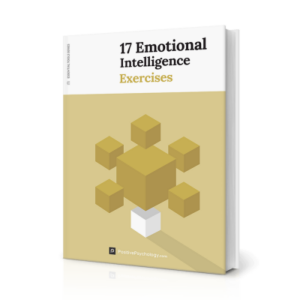
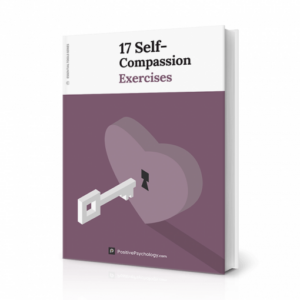


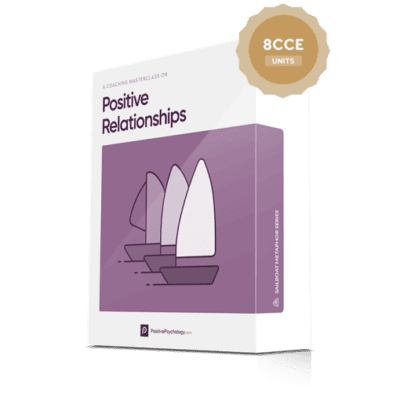
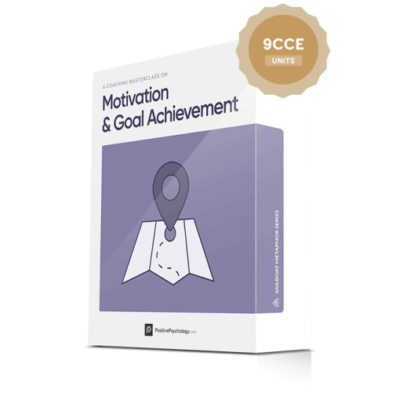

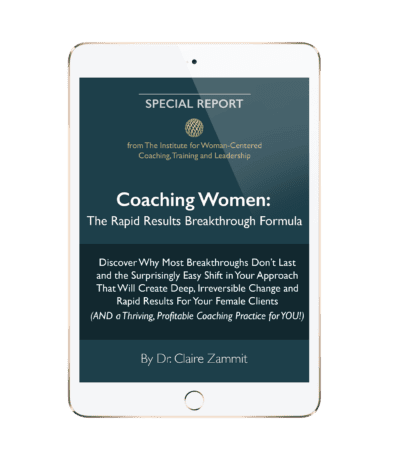



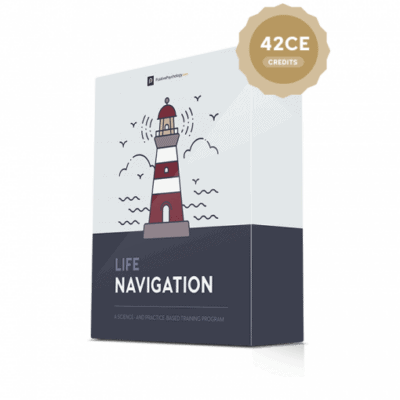

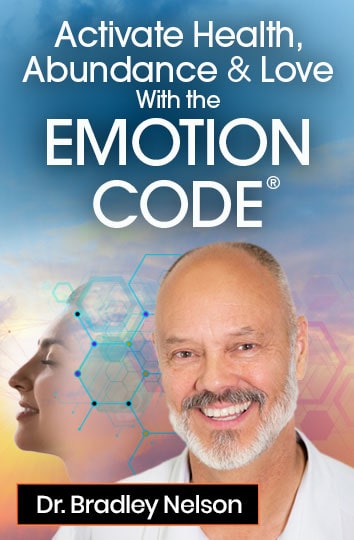
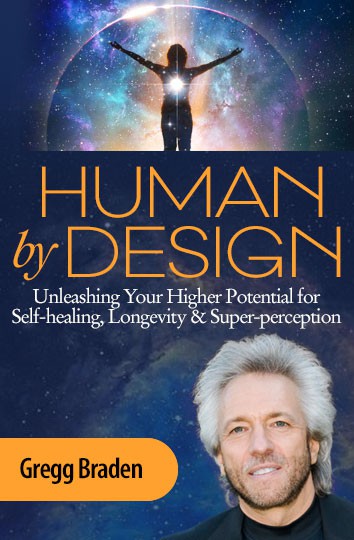
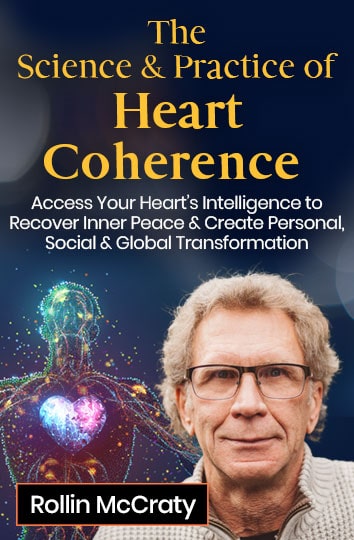

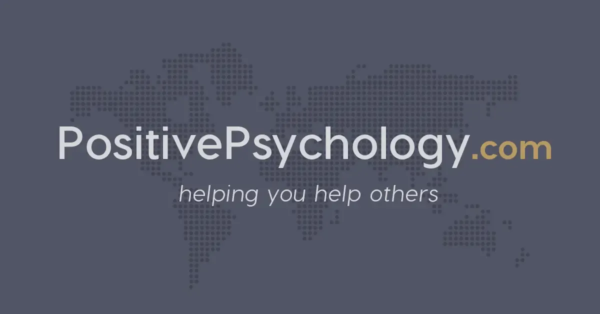
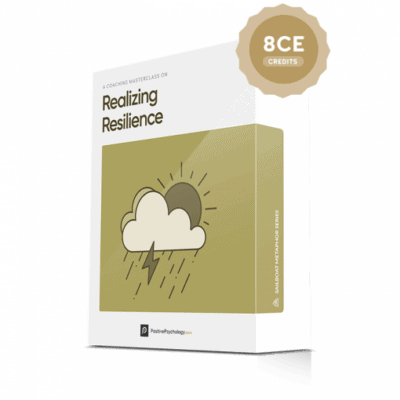

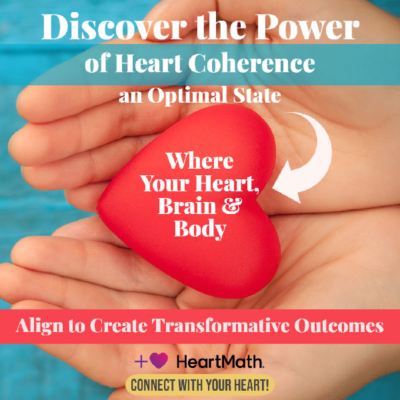

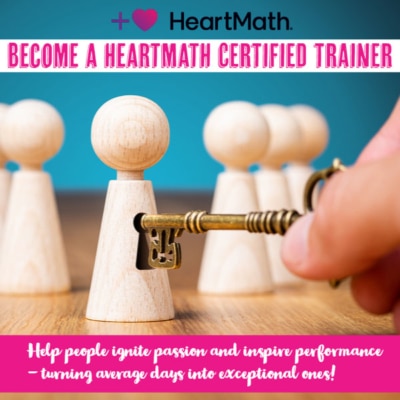

Leave a Reply